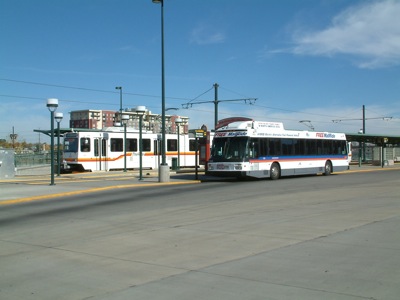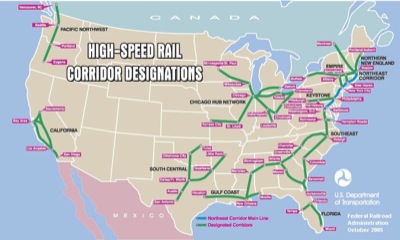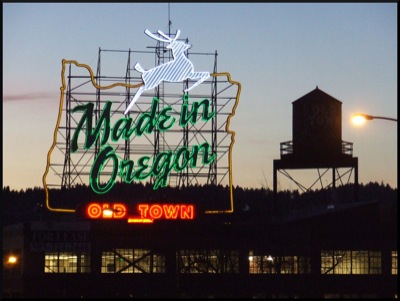It would be nice to think that Denver Regional Transit District (RTD) General Manager Cal Marsella is feeling pangs of guilt for lying to the public so often about the virtues of rail transit. That would explain why, even though he is one of the highest-paid public officials in Colorado, he just announced that he is quitting that job to take the “opportunity of a lifetime” by going to work for a private company that operates buses (update:and would like to operate trains) for public agencies including (by an amazing coincidence) RTD.

One reason why transit officials like trains is that the top officials of rail transit agencies get paid more than the leaders of agencies that only run buses.
In 1995, RTD paid Marsella $112,000 to run RTD, which was then mostly a bus system. He was picked for the job partly because he and the then-chair of RTD’s board of directors, Jon Caldara, agreed that rail transit was a waste of money.
Within a few years, he had changed his tune, overseeing construction of two new light-rail lines and pumping interest groups for their support for a 2004 measure to raise taxes to build six more.










